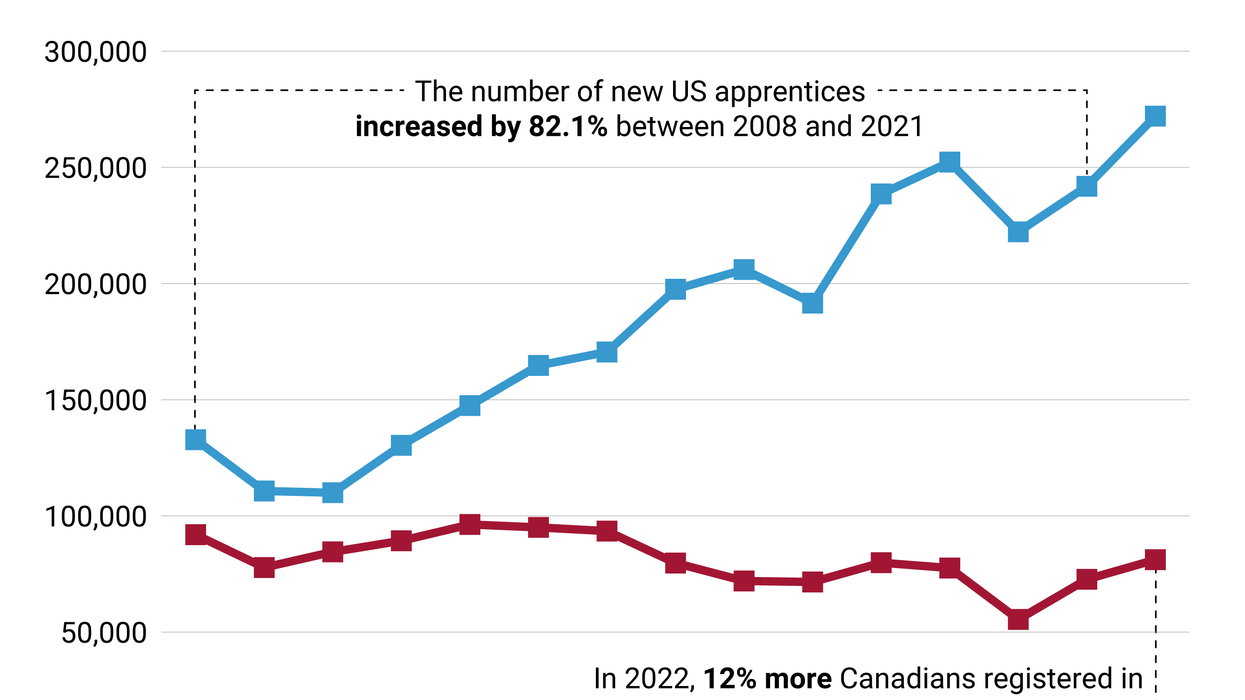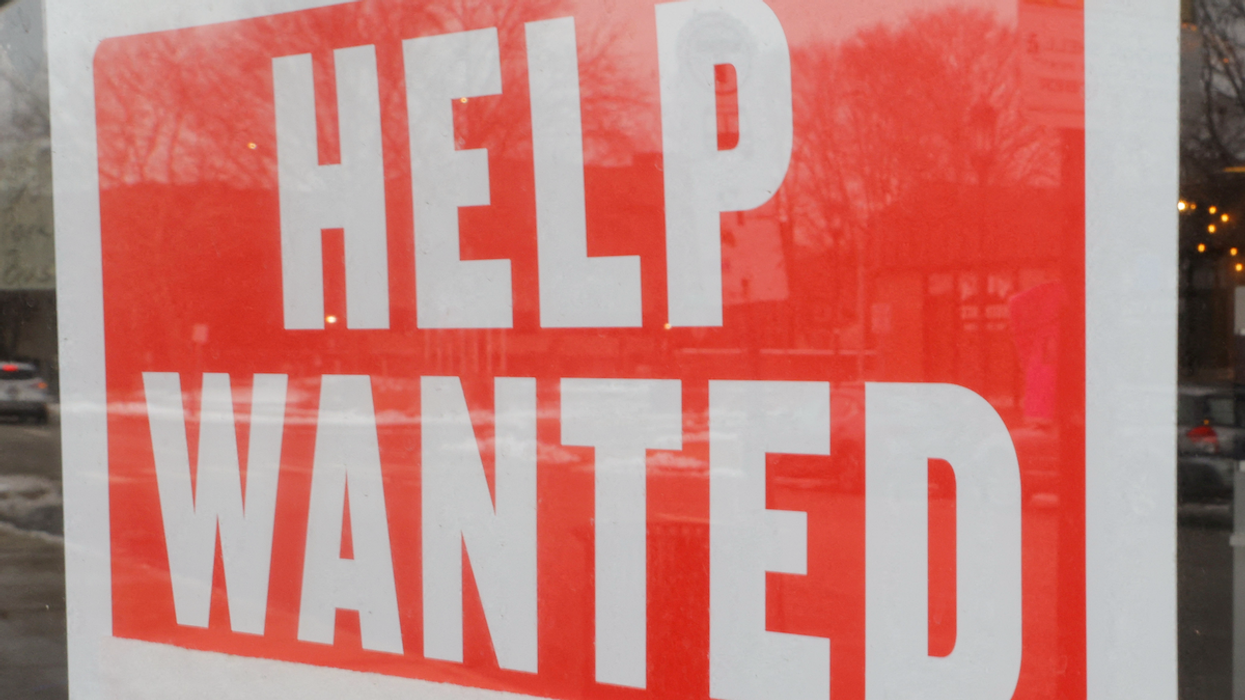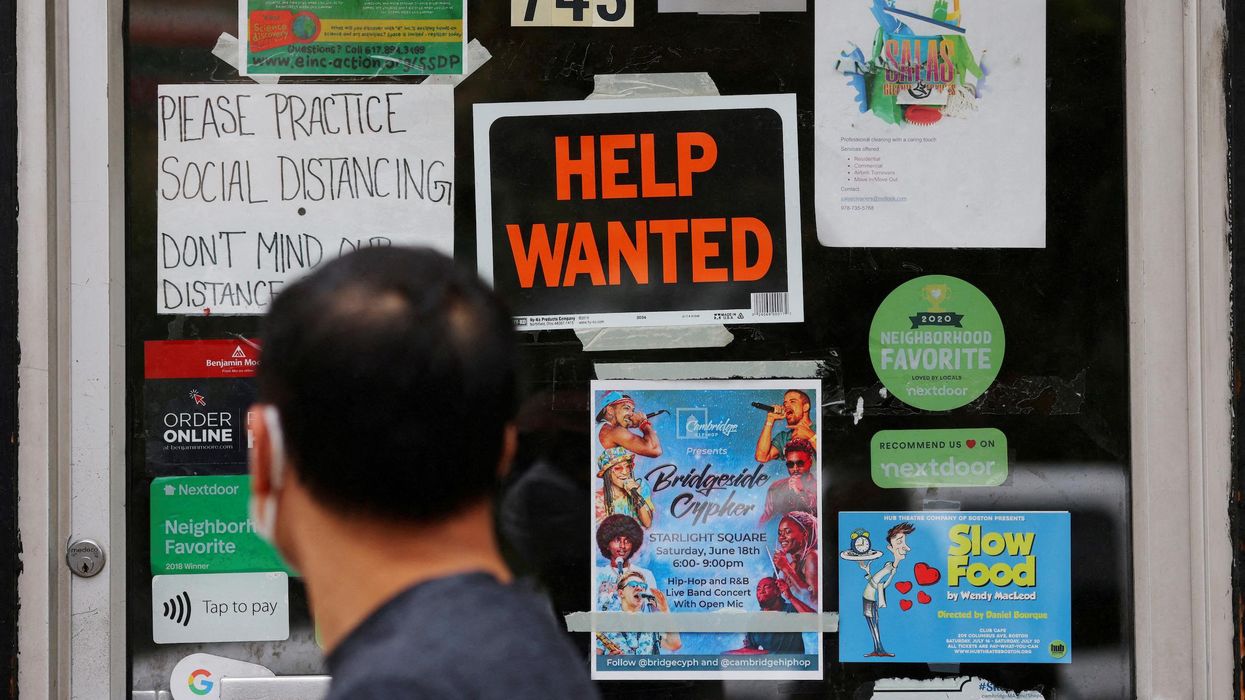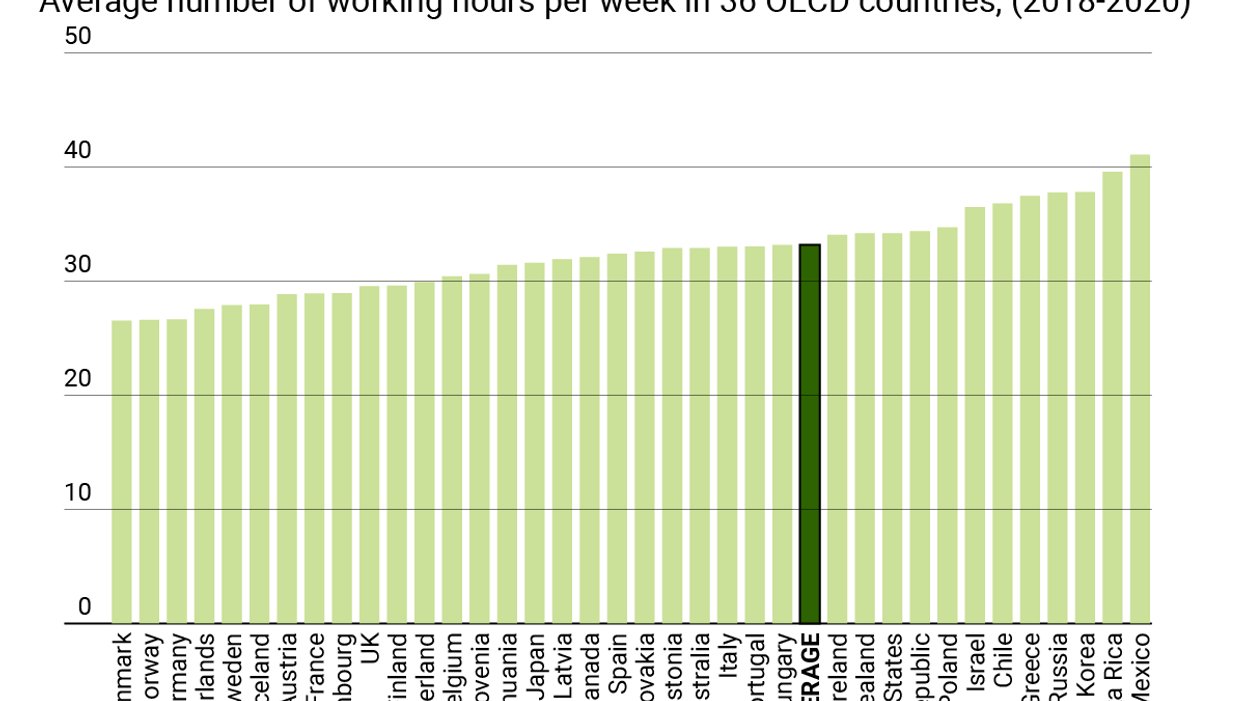popular
The collapse of the college premium
“Pain and agony and suffering,” wrote Sam Angel, about his job hunt. He recently graduated with a masters in Cold War military history from Columbia University in New York, having decided to go right into a masters program after finishing undergrad.
Aug 25, 2025










